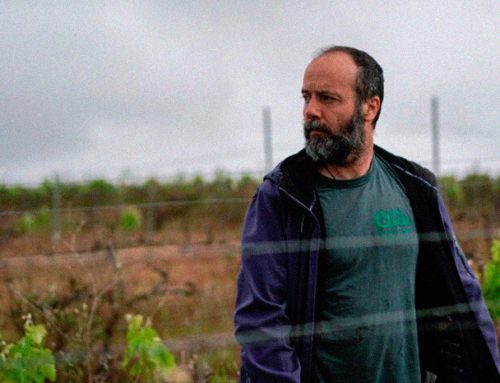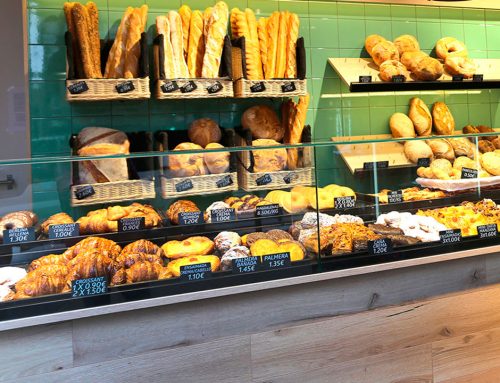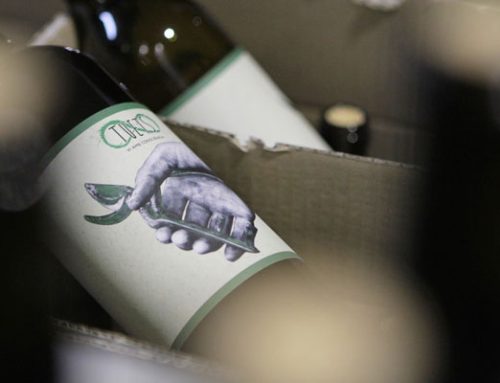“Barcelona es una capital que tiene los cocineros y la comida, aunque no creo que sea excesivamente buena,” he said. “En general, tienes que ir a un nivel muy alto para encontrar calidad y luego hay unos contextos que no [te] gustan.”
I can’t get it out of my head. It’s one of those comments that sticks to your ribs, that resonates with a truth you somehow understood but hadn’t been able to put words to. And then Martí Guixé went and did it for you (when we interviewed him for the February issue).
Of course there’s quality at the top. There always has been and always will be. But generally speaking, Barcelona’s quality-cuisine price tags aren’t sustainable for local residents and the scene and everything it consists of is exhausting (the egos, the new-next thing, the design, the communication agencies, the over-blown copy and the photo-blogging). The top 10 lists of the hottest, newest, best restaurants in Barcelona just keep coming. New pseudo-foodie Igers pop faster than Peta-Zetas on pricey interpretations of torrijas. Only the most dedicated, most well funded, or most shameless could possibly keep up (or would want to).
Do food’s 15 minutes of fame seem eternal to anyone else? When has this much attention been good for anything? Like a badly spoiled child, a megalomaniac or a powerful politician, with every step “up” society’s ladder food loses touch, forgets its roots. And roots are rather important for food.
Let’s reprint, yet again, Michael Pollen’s much-cited quote: “I’ve come to think that cooking is a political act, with large consequences not only for ourselves but for the environment and agriculture as well.” Few would argue his point these days, and almost everyone with a half a brain and a decent moral compass has come to believe that current industrial agricultural practices are mediocre at best and more probably downright dangerous.
Sadly, the political undertones of these now mainstream arguments have not seeped into our city’s collective fashionable-foodie mind. Despite best efforts (Espai nyamnyam, for example), we, here, in our rich culinary culture, with our global fame for culinary innovation, and with one of the most socially progressive (local) governments on the planet, have missed the point. In this, the epoch of the consolidation of all things upward, our middle is missing. Are we honestly still riding the coattails of El Bulli’s tuxedo-revolution?
Esteemed restaurateurs, revolutions are popular. Local, sustainable, responsible and organic are so much more than an easy excuse to jack up prices and create quick content that clicks. We don’t need more copy, community managers, or for you to over-design your everything (food and otherwise). Doesn’t anyone want to try giving the people quality product at down-to-earth prices rooted in genuine tradition, personality and passion? That’s where you can break new ground in this city. For fuck’s sake, sharpen your cutting edge.







